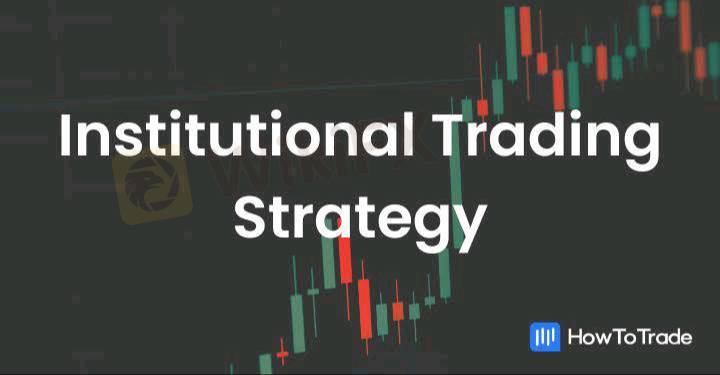
2025-02-06 15:06
SettoreThe difference in retail and institutional trading
#firstdealofthenewyearFateema
Retail and institutional trading differ mainly in scale, strategy, and access to resources. Here’s a breakdown:
1. Trader Profile
Retail Traders: Individual investors trading with personal funds.
Institutional Traders: Large organizations like hedge funds, banks, and mutual funds managing significant capital.
2. Capital & Trade Size
Retail: Smaller trade sizes, often a few hundred or thousand dollars.
Institutional: Large-scale trades, sometimes in millions or billions.
3. Market Access & Fees
Retail: Uses standard brokerage accounts, paying higher fees and spreads.
Institutional: Access to dark pools, direct market access (DMA), and lower fees due to volume.
4. Trading Strategies
Retail: Focus on technical and fundamental analysis, often short-term trades.
Institutional: More sophisticated strategies like algorithmic trading, arbitrage, and high-frequency trading (HFT).
5. Order Execution
Retail: Executes trades through brokers with potential slippage.
Institutional: Uses advanced execution methods to minimize price impact.
6. Regulation & Reporting
Retail: Fewer regulatory requirements beyond basic KYC/AML.
Institutional: Must comply with strict regulations (e.g., SEC, MiFID II) and reporting standards.
Would you like insights into how this applies to crypto trading specifically?
Mi piace 0
Edetekpe1
Trader
Discussione popolari
Settore
Offerta di lavoro Marketing
Settore
Marketing App
categoria forum

Piattaforma

Esibizione

IB

Reclutamento

EA

Settore

Mercato

indice
The difference in retail and institutional trading
 Nigeria | 2025-02-06 15:06
Nigeria | 2025-02-06 15:06#firstdealofthenewyearFateema
Retail and institutional trading differ mainly in scale, strategy, and access to resources. Here’s a breakdown:
1. Trader Profile
Retail Traders: Individual investors trading with personal funds.
Institutional Traders: Large organizations like hedge funds, banks, and mutual funds managing significant capital.
2. Capital & Trade Size
Retail: Smaller trade sizes, often a few hundred or thousand dollars.
Institutional: Large-scale trades, sometimes in millions or billions.
3. Market Access & Fees
Retail: Uses standard brokerage accounts, paying higher fees and spreads.
Institutional: Access to dark pools, direct market access (DMA), and lower fees due to volume.
4. Trading Strategies
Retail: Focus on technical and fundamental analysis, often short-term trades.
Institutional: More sophisticated strategies like algorithmic trading, arbitrage, and high-frequency trading (HFT).
5. Order Execution
Retail: Executes trades through brokers with potential slippage.
Institutional: Uses advanced execution methods to minimize price impact.
6. Regulation & Reporting
Retail: Fewer regulatory requirements beyond basic KYC/AML.
Institutional: Must comply with strict regulations (e.g., SEC, MiFID II) and reporting standards.
Would you like insights into how this applies to crypto trading specifically?
Mi piace 0
Voglio commentare
Fai una domanda
0Commenti

Non ci sono ancora commenti. Crea uno.

Fai una domanda
Non ci sono ancora commenti. Crea uno.